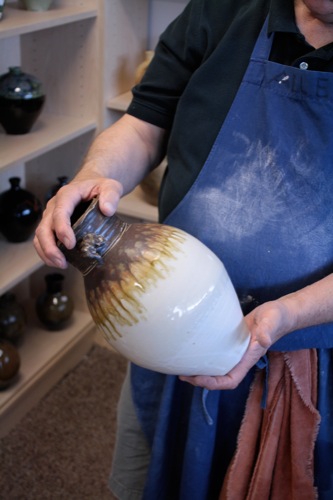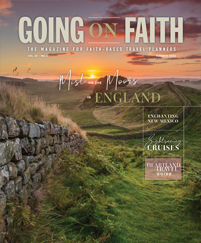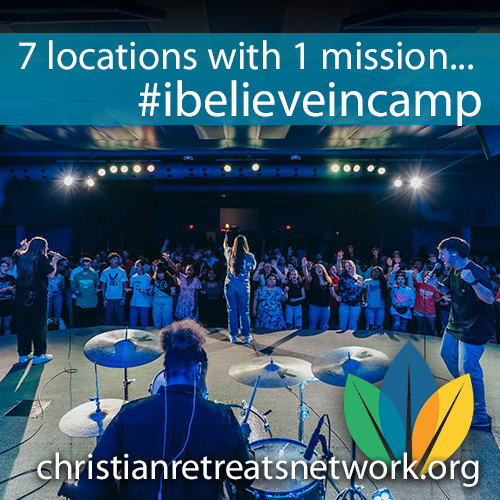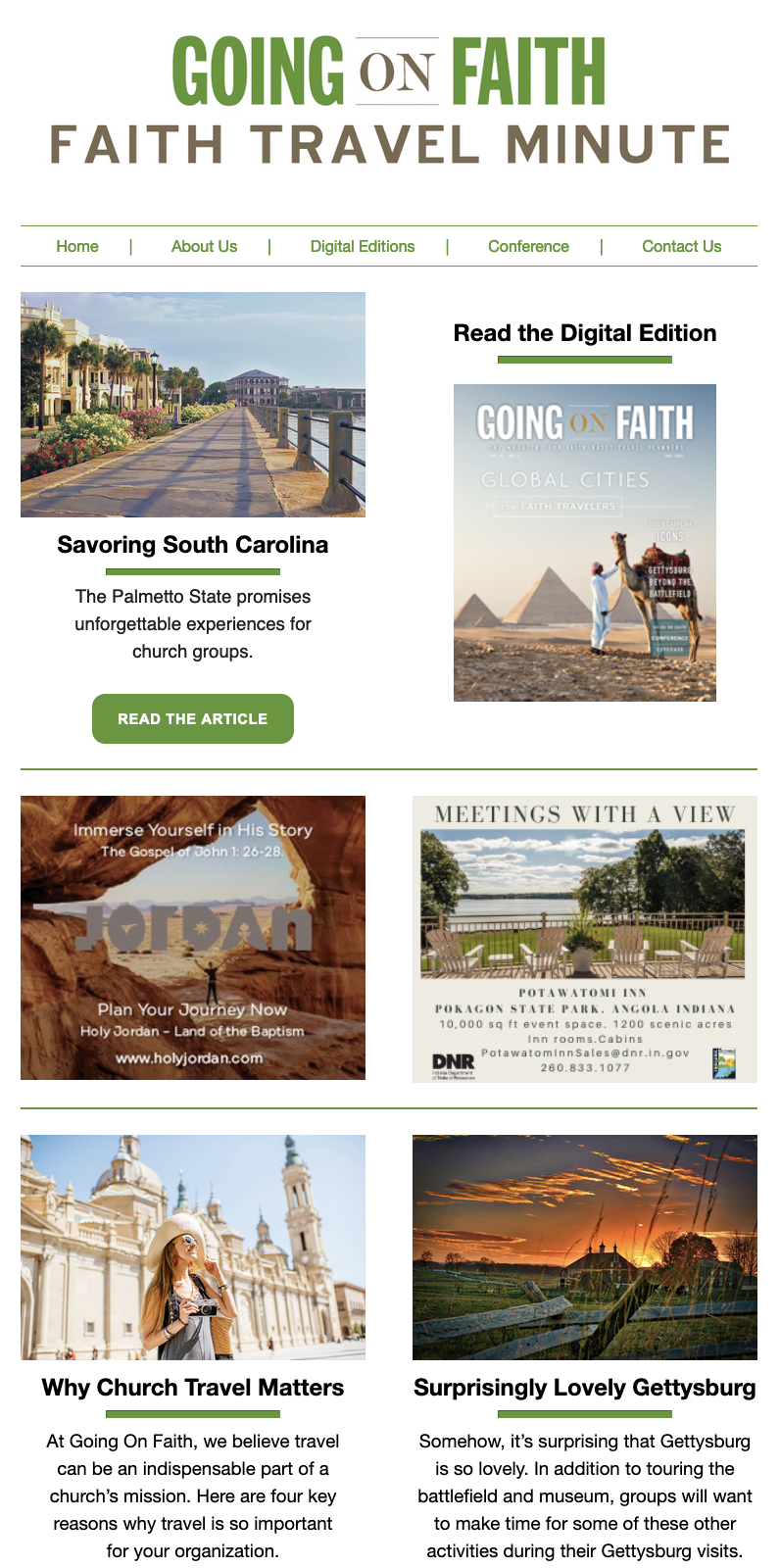
To put together a great church group tour, you must see to it that the dollars make sense.
There are no two churches alike; nor are there two identical church travel programs. The travelers in your congregation may be big spenders who enjoy luxury on the road, or perhaps they’re looking for big travel experiences on smaller budgets. So how do you put together trips that will match your group’s expectations in cost and value?
It all comes down to knowing your people, doing your research, learning about product and thinking creatively.
1) Know your people
The most important factor in determining the cost of your trip will be the appetites of your travelers. The perfect price of a tour is going to vary widely from group to group. So start by getting to know your target audience. Are they retired couples who potentially have more time and money to spend on travel? Or are they youths, singles and families with limited time and resources? These folks might gravitate toward shorter, cheaper trips, while older groups can enjoy longer, more luxurious experiences.
It’s also important to assess what your group is after in a tour. A youth or student group may be most interested in shared experiences and adventures, meaning that you can go inexpensive on meals and lodging. Other people may have “bucket list” destinations — such as Israel, Italy or Alaska — in mind. For big trips like this, many travelers are willing to spend considerable money since they see the experience as a once-in-a-lifetime event.
Also, talk to some of your travelers and find out what “travel style” interests them most. Do they prefer to stay in downtown hotels, or are they open to cheaper properties located near interstate exchanges? Do they enjoy a big group meal every night, or would they like to take a few evenings to go explore and eat on their own? Do they want VIP treatment at attractions or simply the opportunity to find their own adventures in a great destination?
2) Do your research
Once you know what your travelers want and what they can spend, it’s time to roll up your sleeves and start doing some research. Although many people think that the Internet has become the world’s greatest travel planner, the dizzying array of information and opinions online can sometimes be counterproductive for group leaders. Instead of using the Web to research specific hotels and transportation providers, use it to contact some good travel professionals: travel agents, tour operators, and convention and visitors bureaus (CVBs).
Professionals who plan and sell travel know the costs of their products inside and out. Tour operators who specialize in customizing tours can plan a trip to meet your group’s specific needs and demands, building in great top-shelf amenities and experiences for big budgets and selecting low-cost hotels and attractions for those on a shoestring.
If you intend to travel to a domestic destination closer to home, you may not need the services of a tour operator. CVBs in nearly every city in the United States offer some kind of tour planning assistance and will often send leads to the hotels in their areas to help you shop around for the best accommodations deals. Many CVBs also help with guided city tours and attractions. And local folks who specialize in one destination can help you ferret out great travel experiences that will also fit your group’s budget.










